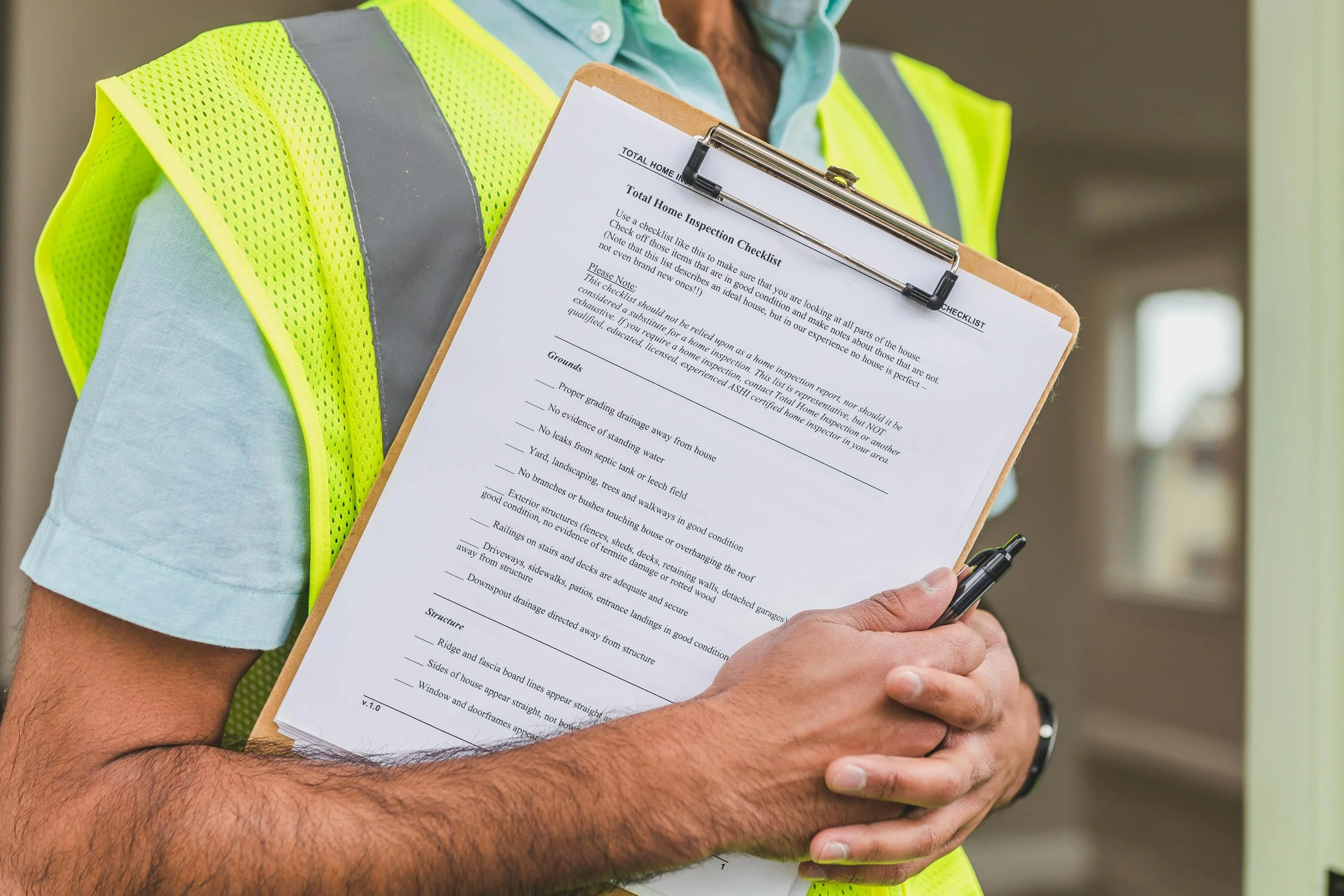How to Prepare for a Home Inspection – And Avoid Costly Buyer Credits
Preparing for a home inspection is key to a smooth sale and can make a big impact on your closing process. A thorough, well-presented home reassures buyers and demonstrates proper upkeep. Here are the steps to make inspection day a breeze.
Start With Curb Appeal and Exterior
First impressions matter. Clean up your landscaping, trim bushes, mow the lawn, and remove any clutter from porches or walkways. Check for peeling paint, damaged siding, or roof issues. Ensure gutters and downspouts are clean and function properly. Repair visible cracks in the foundation, and make sure all exterior doors and windows open, close, and lock smoothly.
Prepare Interior Spaces
Declutter and clean every room, including closets and basements. Replace burnt-out light bulbs, test smoke detectors, and ensure all light switches, doors, and windows work as intended. Fix leaky faucets, running toilets, loose cabinet doors, and minor cosmetic defects that could raise red flags for buyers.
Systems and Safety
Replace furnace filters and ensure the heating and air systems are operating correctly. Label your circuit breaker and make sure the water heater works, with no leaks or obvious rust. If you have a fireplace, ensure it’s cleaned and in working order. Eliminate pest problems by addressing evidence of insects or rodents.
Access for the Inspector
Clear access to major systems: unlock doors, attic hatches, crawl spaces, and the garage, and move stored items away from electrical panels and under sinks. Make it easy for the inspector to examine everything, so you avoid delays and rescheduling.
Final Touches
Have documentation ready for any recent repairs or upgrades to show you’ve maintained your house. A little extra effort in preparing for a home inspection can boost buyer confidence and help your sale close with fewer surprises.
It’s critical to prepare thoroughly for a home inspection because uncovered issues can give buyers leverage to request substantial credits or direct price reductions for repairs. If a home presents poorly, showing lots of maintenance issues, the buyer may overestimate repair costs and come back with demands for large credits or lower the purchase price significantly. Sellers who fix problems ahead of time or present a well-maintained home can often avoid lengthy negotiations or inflated credit requests that undermine profit.
Addressing repairs proactively puts the seller in control of costs and timelines, instead of scrambling to meet last-minute demands or risk the deal falling through. A home that passes inspection smoothly offers fewer opportunities for buyers to negotiate large credits, leading to a quicker, more predictable sale.





